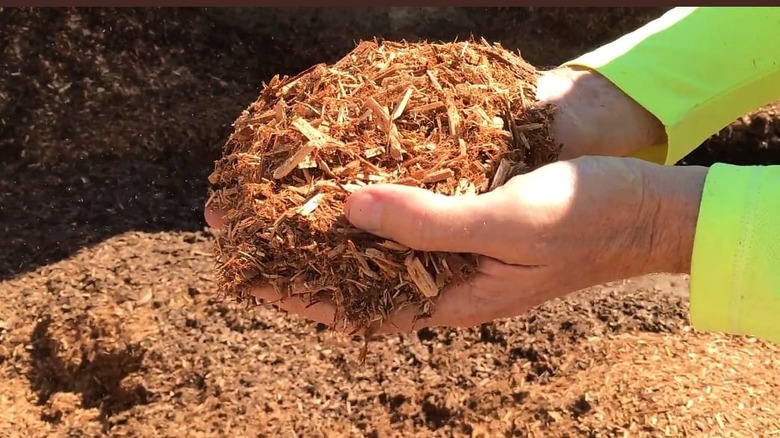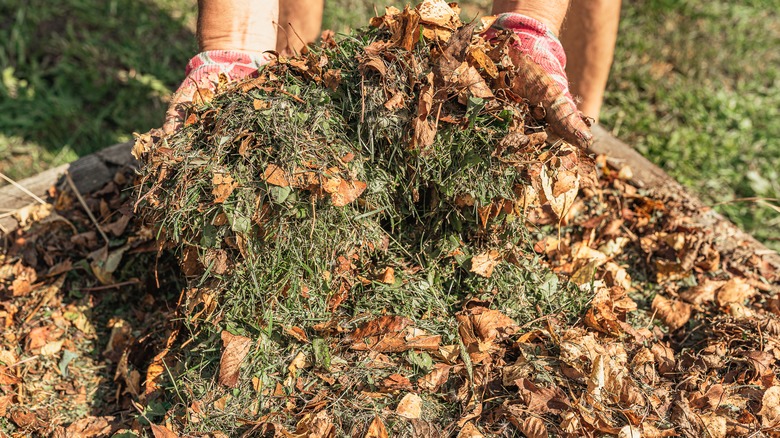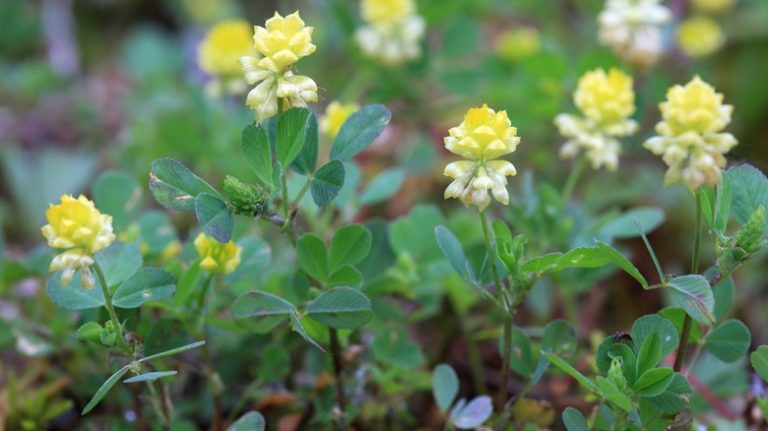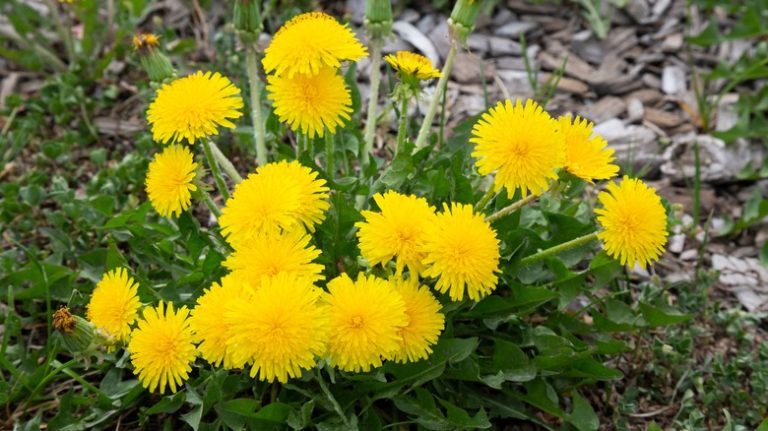Ah, cypress gardening mulch! It does make plenty of promises for your lawn. Right from a sweet aroma, excellent water retention and weed control capabilities, and a tendency to repel bugs, it could be the cool nanny your turf always wanted. However, before you get starstruck by its charming benefits and sprint to your nearest garden center, the beloved Cypress mulch has a dark side to its illustrious facade. First, scarcity is a real kicker, putting a premium on the material’s cost. Slightly acidic, cypress mulch can serve as a Toxic Avenger to some of your green companions. And what about the suspected environmental impact? After all, the large-scale harvesting of cypress trees is not exactly the poster child for eco-friendly practices.
Although cypress mulch might seem like the lawn-enhancing starlet gone rogue, there’s no monopoly on it, and alternatives abound. First up are the fall leaves, just waiting to be raked up and put to use. Or, if you’re feeling particularly resourceful, you can create compost from all the organic materials around your yard. And if neither of these suits your fancy, well-chosen barks from coniferous or eucalyptus trees can save the day. These unsung heroes have their fair share of charm and contributions. And unlike our cypress mulch-antagonist, they leave less of a carbon footprint and more of a glistening green thumbprint.
Cypress mulch: A lawn’s best friend or frenemy?

YouTube
Cypress mulch certainly charms with its moisture-locking abilities, weed-bouncing powers, and rustic charm, all topped with the woodsy aroma. But every hero has a less glamorous side lurking in the shadows. To begin with, its penchant for acidity can lead to some backyard drama, which could manifest in the yellowing and thinning of gentle, alkaline-loving grass. On the nutritional front, the sloth-like disintegration of cypress mulch is more of a bane than a boon. Indeed, the covering won’t need replacing as often. But it’s like a helicopter parent who won’t let their kids (your grass) obtain the vital nutrients they desire, keeping them in appetizer limbo.
In addition, mulch from young cypress trees tends to draw in pests, much like an unwarranted visitor who brings uninvited company along. It’s all fun and games until someone munches your garden. Now onto availability issues. Cypress mulch production tends to play out like a B-grade horror movie for the environment. The trees are slow-growing, and extracting them from sensitive wetland habitats to churn out bags of lawn coverings is about as sustainable as watering your lawn with champagne. As the demand for the material catapults in some locales (thanks to scarcity), its price tag soars, turning simple lawn work into a budgetary heartache. Still, we can’t afford to underestimate the perils of aggressive harvesting. But the environmental impact goes beyond the catchphrase in jurisdictions like Miami-Dade County, Florida, where cypress mulch is banned.
Cypress mulch alternatives for your lawn

Mulching doesn’t have to mean a headache, nor should it instigate an ecological crisis. If the thought of the best cypress mulch alternatives tickles your curiosity, speedy-grower eucalyptus might just be your new gardening friend. Its mulch not only enthralls your senses with its fresh scent but also is renowned for deterring pests from your lawn. The other stars in this show are plantation-grown conifer trees like pine. They wave the flag for being more abundant and environmentally sound than Cypress, providing a greener lawn and conscience.
Next, we step into the wonderful world of mixed hardwood mulch. Picture a cocktail of repurposed delights like pellets, scrap planks, and small tree stems. Its range of colors promises your lawn quite an aesthetic lift. Plus, it knows how to hold its ground pretty well: it compacts over time and bravely defies washing or blowing away. And if your pockets don’t run as deep as your love for your lawn? Enter leaf mulch. A thrifty gardener’s dream, it can provide up to four months of service when piled 3 to 4 inches thick in spring. Think of it as the ultimate nature recycling program, where you rake in the perks (pun intended). If it’s all about sustainability, homemade compost is your hero — a money saver and the equivalent of a home-cooked meal for your lawn. It showers your hallowed turf with nutrients during decomposition, making it the sanctum for grassy green nirvana.



